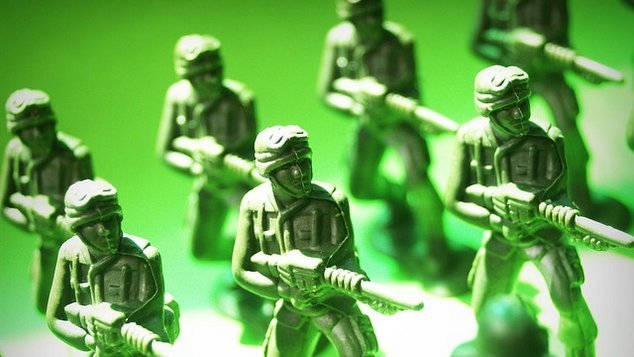
South Korea’s constitutional court has upheld a law which bans gay sex in the military saying same-sex relationships among personnel could harm combat readiness and undermine discipline.
Homosexual sex is legal in South Korea but is banned in the military. Military service is compulsory for all able-bodied men between the ages of 18 and 28 and they usually serve for around 20 months.
The court ruled in a five-to-four decision that the law should remain. The law does not specifically outlaw homosexual sex, it specifically says, “anal intercourse” and any other “indecent act” is not permitted. It’s the fourth time since 2002 and the court has reviewed the law.
Amnesty International’s East Asia Researcher Boram Jang said it was now time for politicians to take action and repeal the law.
“This continued endorsement for the criminalization of consensual same-sex acts within the Korean military is a distressing setback in the decades-long struggle for equality in the country. This ruling underscores the widespread prejudice experienced by LGBTI people in South Korea and the government’s lack of action to prevent harm and ensure equality which is their human rights responsibility.
“Article 92-6 has institutionalized discrimination, reinforced systematic disadvantages faced by LGBTI people and risked inciting or justifying violence against them, both inside the military and in everyday life. It has no place in Korean society and should be scrapped immediately.
“We renew our calls for South Korean lawmakers to repeal Article 92-6 of the military code now as the next step towards ending the pervasive stigmatization faced by LGBTI people in the country.” Jang said.
Amnesty International published a report in 2019 that looked into the issue. The report demonstrated how soldiers experience discrimination, intimidation, violence, isolation and impunity as a direct or indirect result of the criminalization of sex between men in the military.
It also examined how diversity based on sexual orientation and gender identity is actively discouraged in the military, creating a culture of prejudice, stigma and discrimination for those who do not conform to strict societal gender norms.
Last year the Supreme Court reversed a decision from a lower court that had seen two soldiers convicted under the law. It ruled that because the two men were not on duty, off base, and their sex was consensual, they could not be charged under the law.
Lim Tae-hoon, the head of the Centre for Military Human Rights Korea, also shared their disappointment in the decision.
“The world has advanced toward the elimination of LGBT discrimination, but the minds of Constitutional Judges have not taken a single step forward,” Lim Tae-hoon said.
OIP Staff
You can support our work by subscribing to our Patreon
or contributing to our GoFundMe campaign.






